2026 Premio Lo Nuestro
Just when I think our artist partners can't get any more awesome...
3 min read
Rosemary Waldrip
October 17, 2017

Note: this article was originally published via MarketingDIVE.
Marketers spend money on sports because collectively, football, baseball, basketball and hockey form a reliable channel and attract a massive consumer base. But while popular, sports are by no means ubiquitous.
Only 59% of Americans consider themselves sports fans — a number that's remained relatively flat over the past decade. In contrast, according to Nielsen, 91% of Americans listen to at least 24 hours of music every week, more than any other form of entertainment. And yet, in the U.S., marketers spend about 10x more on sports than music annually — $16.3 billion compared to $1.5 billion.
Why does the imbalance in marketing investment exist? More importantly, how can marketers begin to leverage a virtually universal passion for music to the same degree that they've tapped into a more specific fandom for sports?
The structure in the big four sports leagues (NFL, NBA, MLB and NHL) as well as college sports in major conferences has made it easy for marketers to understand what their audience looks like across several dimensions. At the same time, it's also relatively easy for marketers to make strategic plans to invest in sports because most can imagine what a campaign to reach sports fans will look like. And despite the disruptions in the way we consume media, the behavior associated with sports fandom hasn't changed much over the decades. We still gather around the TV or go to the stadium to watch the big game live. Take all that into account, and for marketers, sports represent a relatively low-risk, highly structured place to spend marketing dollars.
The music industry doesn't have the same top-down, corporate structure that governs major sports. Sure, there are labels and agencies, but by and large, there's no comprehensive structure standing ready to receive and fulfill a marketing RFP. Genres do provide marketers with a loose framework for categorizing music, but the lines have become more blurred over time as newer artists continue to enter the scene and push the boundaries of genres. At any rate, it's not as if hip-hip or rock are organized to receive brand sponsorships that would be akin to an advertiser doing a deal with the MLB or NFL.
Of course, music creation and distribution have also undergone a dramatic transformation thanks to digital disruption. Already fragmented, music today has become more decentralized through streaming and digital listening, making it harder to understand what makes a pop star or if the notion of "mass appeal" is still achievable or even desirable. And yet, demand for music is skyrocketing, according to Nielsen data, showing a 76% increase in on-demand audio streams in 2016. Music videos are among the fastest-growing categories on YouTube. Meanwhile, Pandora and Spotify have more than 220 million combined active users, according to a recent Business Insider story. What this means is that music is an incredibly effective vehicle for reaching and connecting with audiences, but unlike with sports, marketers need to do some customization to find meaningful musical partnerships and promotional opportunities.
For the first time in history, artists, managers, labels, event promoters, merchandising firms and marketers can all access a deep well of data that quantifies consumers' passions for different artists and genres. As the music industry becomes increasingly data-focused, it's very possible that music-related marketing will catch up and possibly surpass the huge sums spent on marketing to sports fans. But for that to happen, marketers need to understand the unique opportunities music presents.
First and foremost, music gives marketers the ability to position their brands as agents of discovery. Radio DJs and other tastemakers no longer hold the same kind of sway over what listeners hear. Even with programmable playlists and discovery algorithms built into streaming services, there's just so much more music than ever before, and it can be overwhelming for users to navigate. People need help finding their sound, and marketers can provide that guidance by leveraging audience-specific data. Done well, brands won't just provide the support for great music, but they can become the avenue through which people discover new and meaningful musical experiences.
Second, music forges strong, overlapping social connections that are best understood through data analysis. As music fans, consumers' tastes are never limited to a single artist or genre. Their playlists often reflect a diverse range of interests and social connections that speak to the complexity of the human experience. Sports fandom, in contrast, is incredibly powerful, but a fan's loyalty is typically limited to a single team within a given sport. A Chicago Bears fan is almost never a Green Bay Packers fan. However, fans of Chance The Rapper could also be fans of London Grammar, Brett Eldredge or countless other artists.
Lastly, music is omnipresent in ways that sports are not. Sports are confined to a given season, whereas music is a constant part of consumers' lives throughout the year. We expect to encounter music in so many different places, including the ballpark, where players regularly run out onto the field accompanied by the sound of their very own theme songs. The music those athletes choose tells people about who they are, how they see themselves in relation to the wider culture and where their passions lie. These insights have always been discernable through music on an individual level; and now, marketers have the tools to start listening at scale.
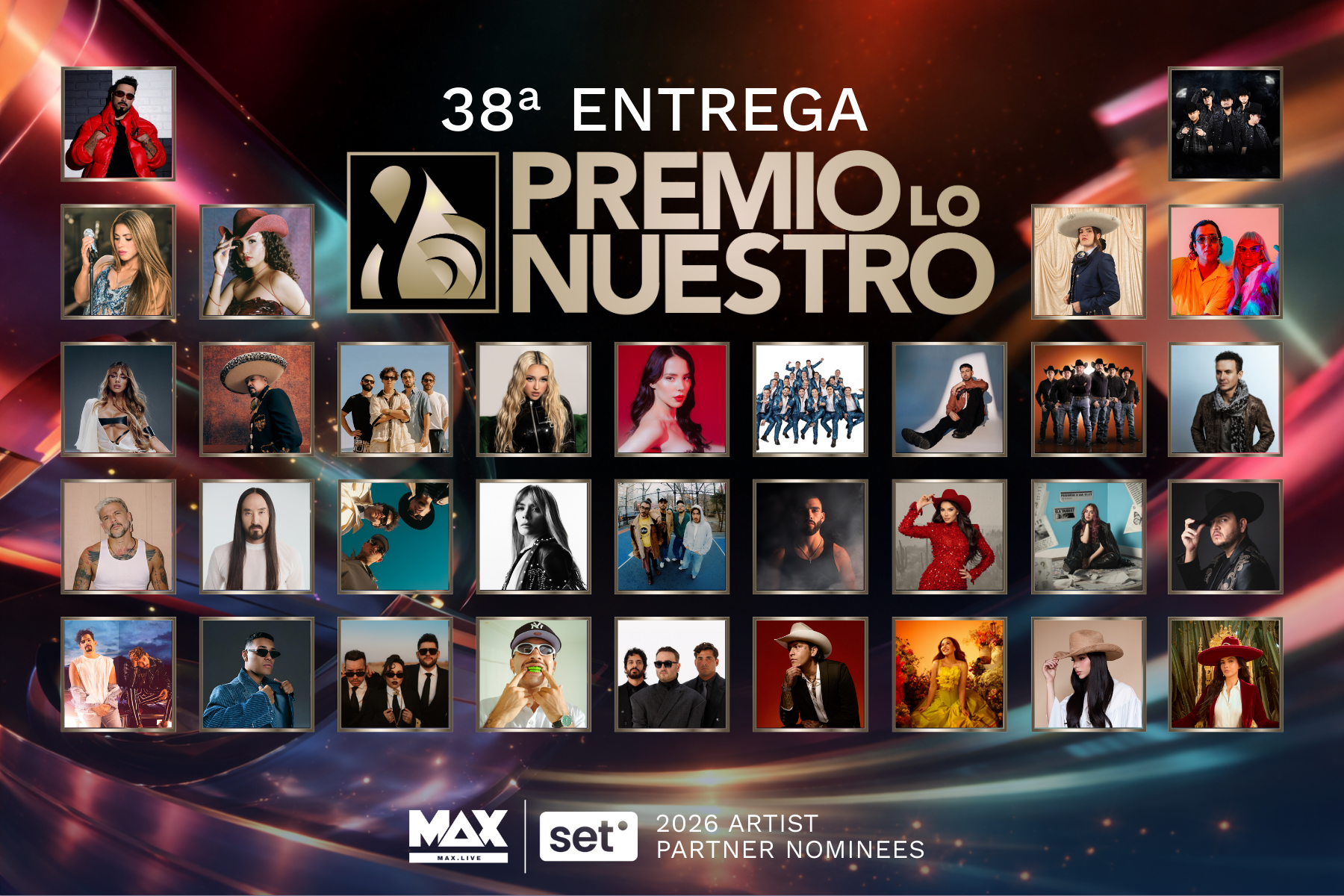
Just when I think our artist partners can't get any more awesome...
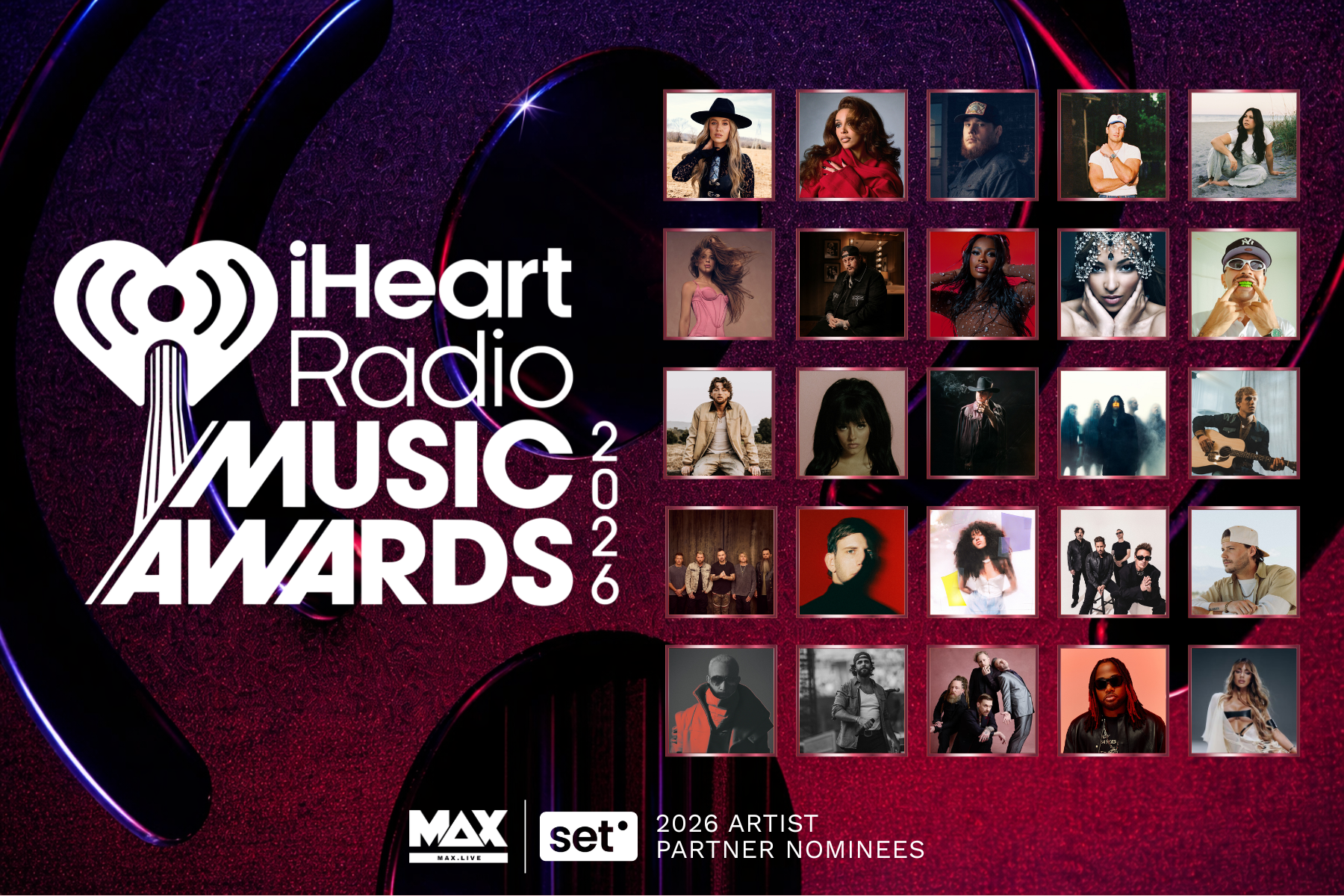
These artists can't stop, won't stop (getting nominated for giant piles of awards)!
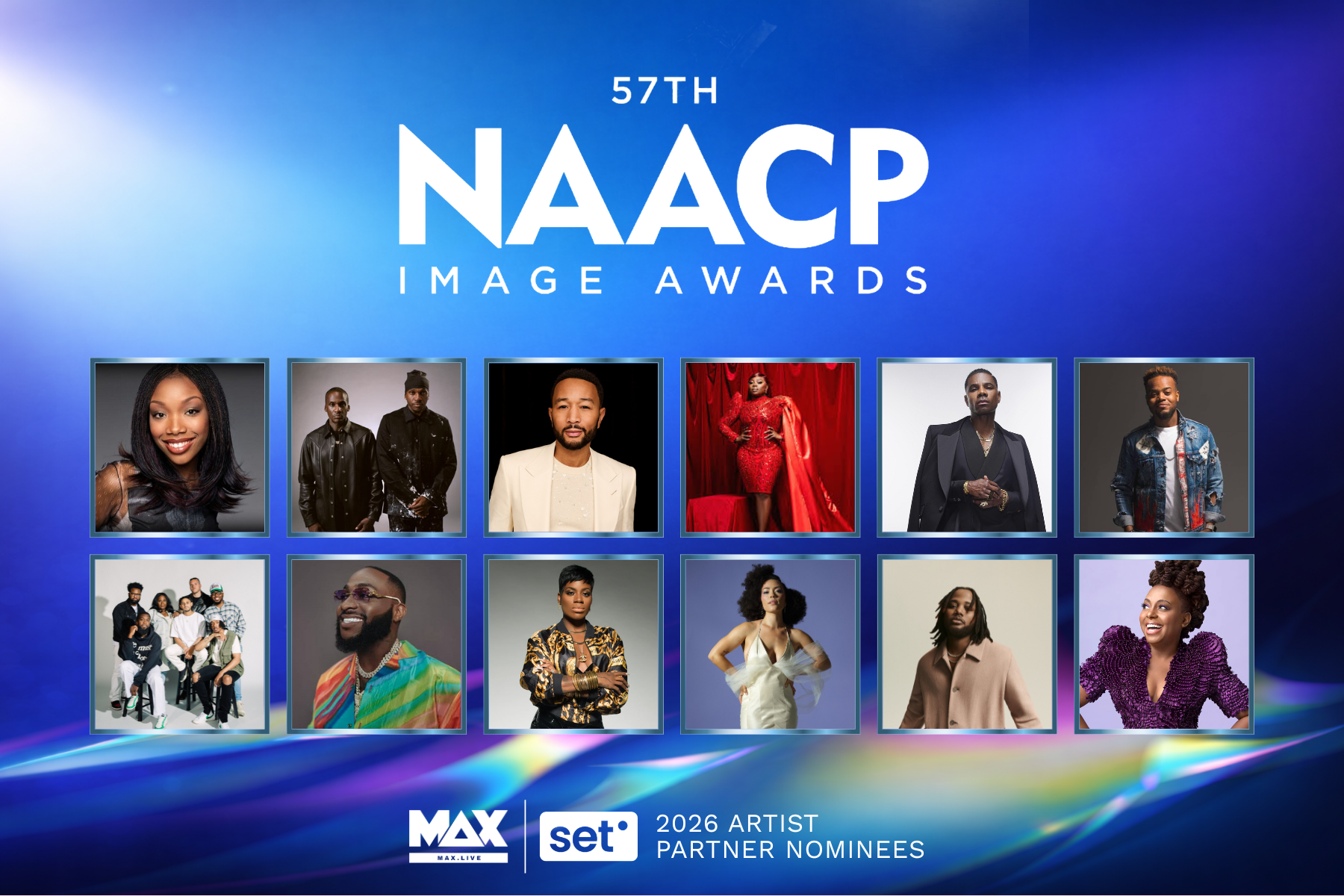
The 57th NAACP Image Awards recognizes artists making an impact across music, film, and television. This year’s nominations include 12 MAX/SET artist...

Brands that market to multicultural audiences have found music as a key approach to connecting across generations. But multicultural marketers...
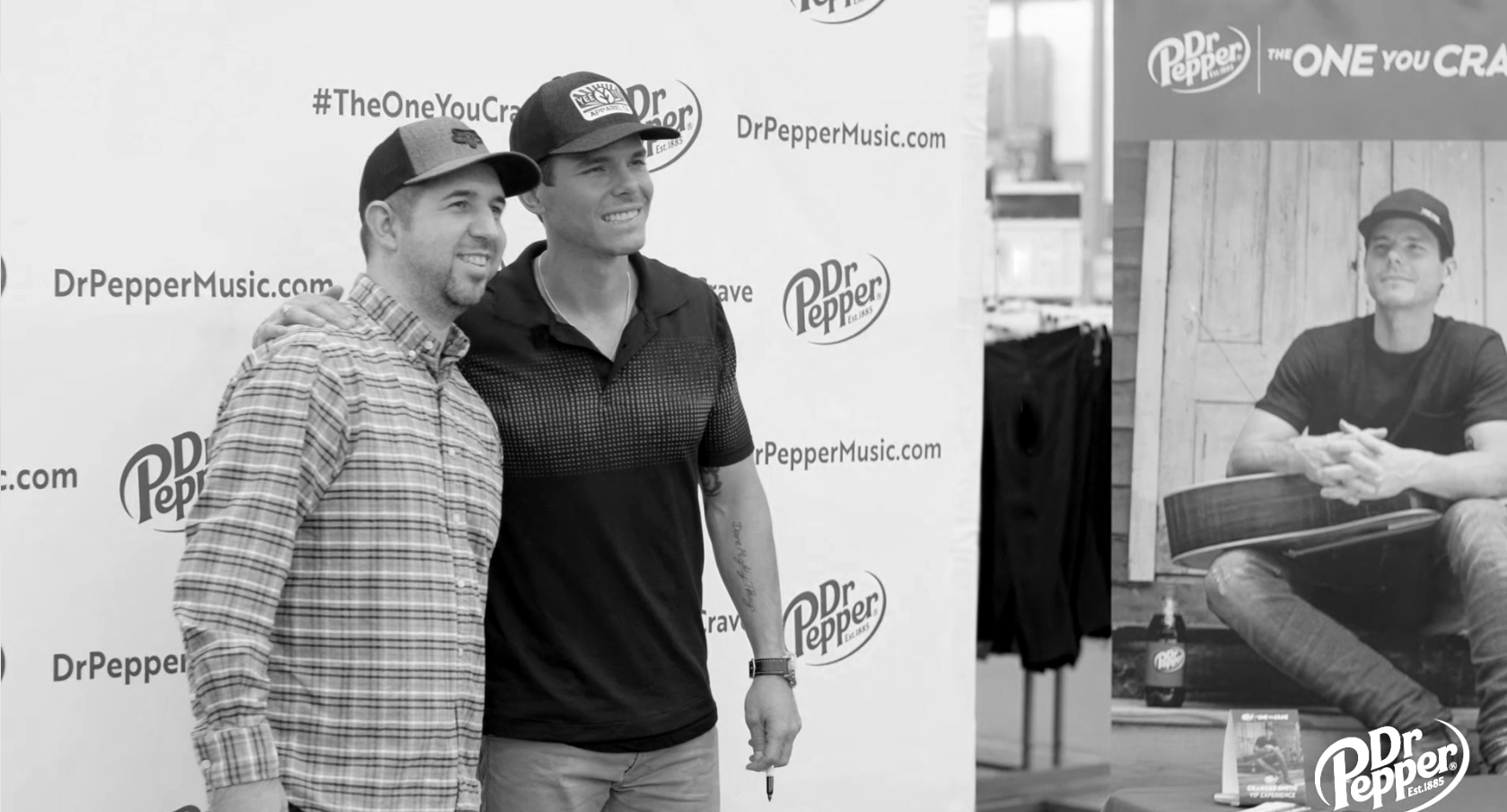
Note: this article was originally published via brandchannel. Can you find your next 5,000 customers? An IAB report about the shift toward a...
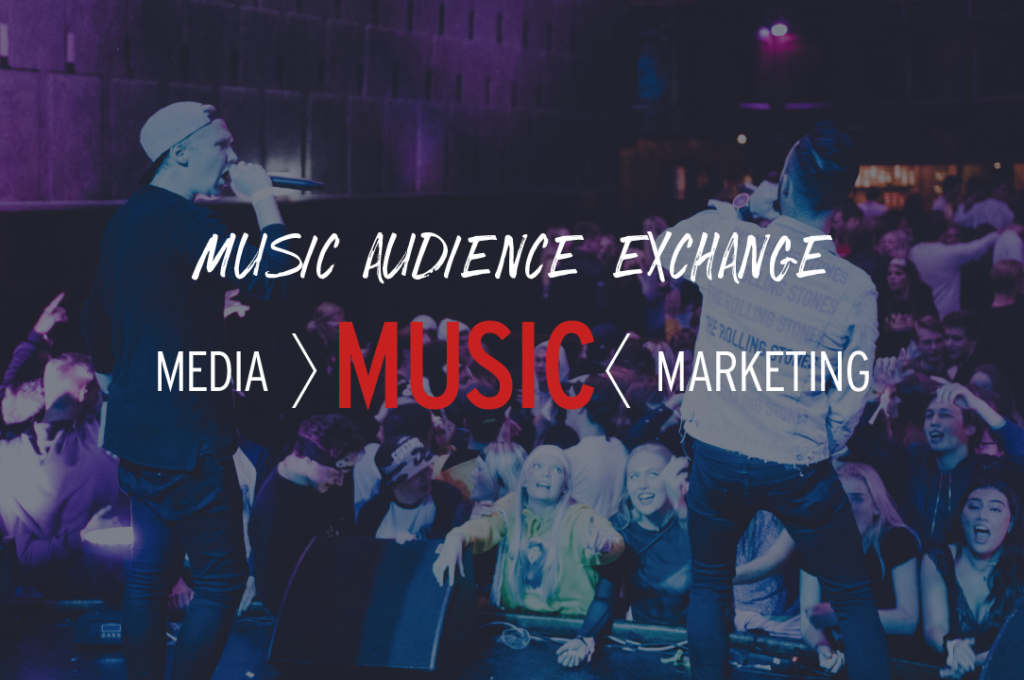
Having closely followed the monumental shifts in the music, media and marketing industries over the last few years, there's no doubt that 2018 will...